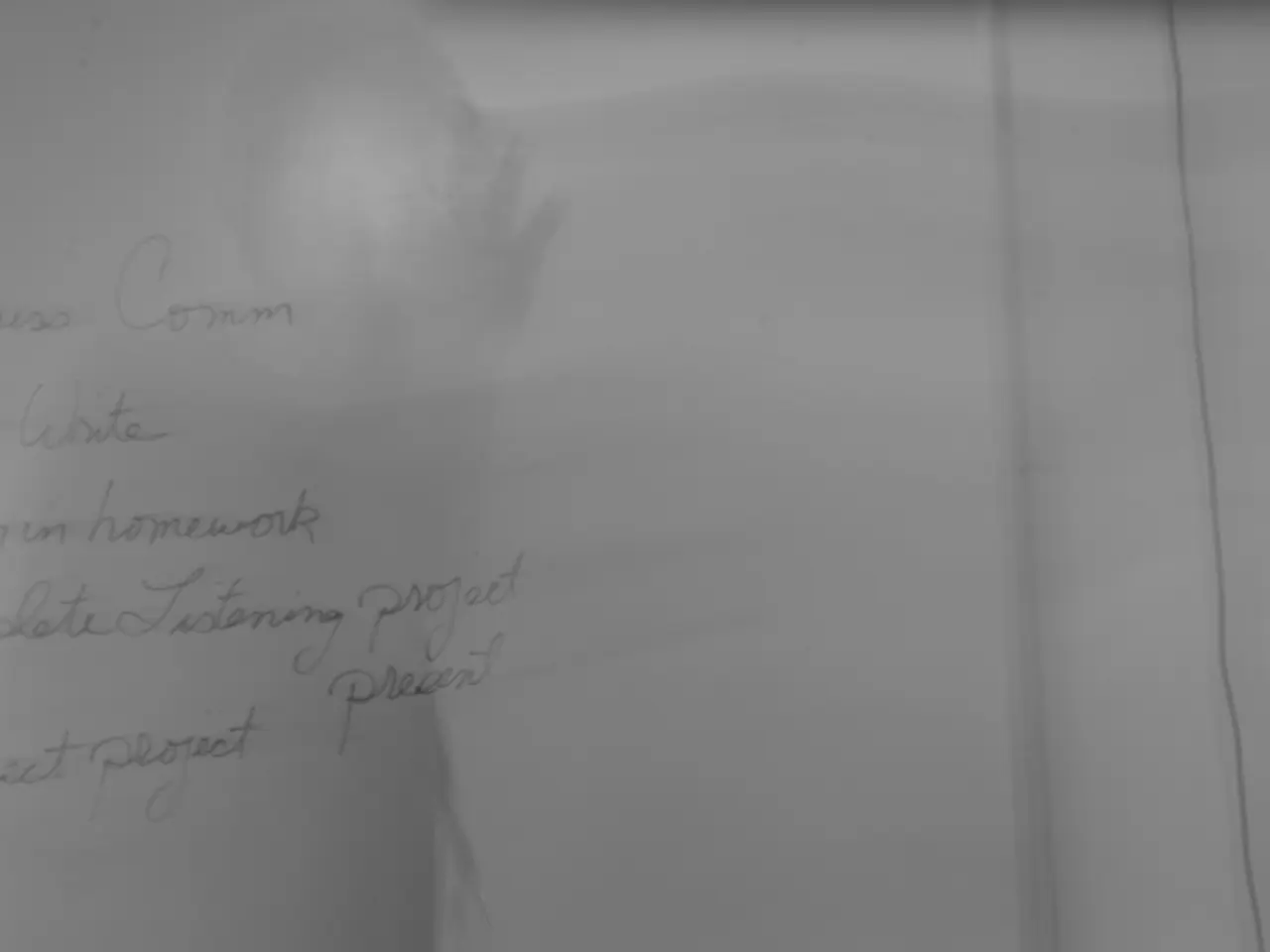Researchers Discover a Fresh Flaw in Human Cognition Processes
New Study Reveals "Doubling-Back Aversion" Cognitive Bias
A team of researchers from the University of California, Berkeley has identified a new cognitive bias that affects decision-making and navigation: the "doubling-back aversion." This bias, which makes people reluctant to take the easier path in life if it means retracing their steps, even when doing so would save time or effort, is a unique type of cognitive pitfall.
The "doubling-back aversion" is a close cousin to the sunk cost fallacy and similar biases, but it differs in that it specifically revolves around avoiding retracing steps or reversing course in decision-making or physical movement because it feels like wasting previous effort and adding workload. In contrast, the sunk cost fallacy refers to continuing an endeavor primarily because of already invested resources (time, money, effort), even when better alternatives exist.
The researchers ran four different types of experiments to test their hypothesis about the "doubling-back aversion." In one experiment, participants were asked to choose between two flights, both saving the same amount of time, but one requiring going back to their earlier destination. Despite the time savings being identical, people were more likely to refuse the one that required backtracking.
Another experiment involved participants reciting as many words as possible starting with the same letter. Midway through, participants were asked if they wanted to switch to reciting words starting with a different letter or continue with the same one. In the control condition, about 75% of participants made the choice to switch. However, when the switch was presented as needing to double back, only 25% did the same.
The experiments involved more than 2,500 adults, including UC Berkeley students and volunteers recruited through Amazon's Mechanical Turk. The volunteers were given progress bars for the task, allowing them to see they would perform the same amount of work no matter the choice.
The "doubling-back aversion" is described in a paper published in Psychological Science this May. Lead author Kristine Cho, a behavioral marketing PhD student at UC Berkeley's Haas School of Business, expressed surprise at the significant difference in participants' choices when presented with the option to double back.
Across the various tests, people routinely exhibited the "doubling-back aversion." The bias is related to people's subjective fear of adding more to their workload and hesitance to wipe the slate clean. The researchers believe that understanding this bias can help people make more rational decisions and avoid unnecessary effort and time waste.
The "doubling-back aversion" is one of the 12 cognitive biases that prevent people from being rational. By shedding light on this previously unidentified bias, the researchers hope to contribute to the ongoing effort to help people overcome cognitive pitfalls and make more informed decisions.
[1] Cho, K., & Ariely, D. (2022). Doubling-Back Aversion: A New Cognitive Bias. Psychological Science. [2] Ariely, D., & Loewenstein, G. (2006). Sunk Costs and the Waste of Resources. Journal of Economic Perspectives, 20(1), 113-130.
- Gizmodo: A new study published in Psychological Science reveals the existence of a previously unidentified cognitive bias known as the "doubling-back aversion," which has implications for technology, science, health-and-wellness, and mental health.
- Technology Review: The "doubling-back aversion" cognitive bias, identified by a team of researchers from the University of California, Berkeley, affects decision-making and navigation in a unique way, potentially leading to inefficiencies and wasted effort in the future.
- Science Daily: The "doubling-back aversion," recently identified by researchers from the University of California, Berkeley, is a close cousin to the sunk cost fallacy but has distinct differences, emphasizing the importance of understanding various cognitive biases in science and their impact on our everyday lives.




